


Framed or unframed, desk size to sofa size, printed by us in Arizona and Alabama since 2007. Explore now.
Shorpy is funded by you. Patreon contributors get an ad-free experience.
Learn more.

- Lofty addition
- In 1912
- Keenan Building
- Six years old
- Taken from the P.J. McArdle Roadway?
- It stood only 47 years
- Three track mind
- Incline to the right
- Reach for the sky, 1912 style
- No clean sweep
- Same Job Title, Same Face
- Sadly Lost
- Beautiful ...
- Where you get your kicks
- Aim High
- Pueblo Revival sisters
- Pueblo Neoclassicism
- Milk Man
- Regional dialect.
- Spielberg's inspiration
- Great Photo
- Loaf Story
- Do you still have the Rakes category?
- Could almost be a scene from the 1957 movie 'Hell Drivers'
- The Wages of Fear.
- Conspicuous by their absence
- Got Milk?
- All that aluminum
- No lefties
- Smoke 'em if you've got 'em
Print Emporium
Doffer & Spooler: 1908
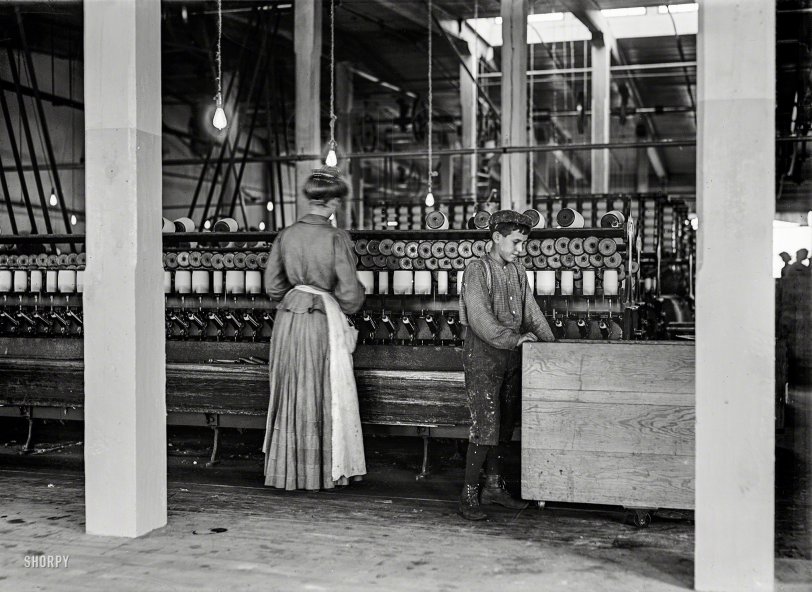
December 1908. Newton, North Carolina. "Catawba Cotton Mill doffer and spooler." Glass negative by Lewis Wickes Hine. View full size.
Child labor
My mother grew up in Georgia and as an 8yr old worked in a cotton mill, not sure where it was but it was very common back then in the late teen's early 1920's.
My grandmother's great ambition
My grandmother never told me much about her life, but one thing she did tell me was how she managed to get off the cotton mill floor and into the offices. As far as she was concerned this was her biggest achievement, even more than marrying a mill manager's son.
A familiar scene
I pushed around one of those buggies in the spooler room at Milliken's Pacolet Mill (Pacolet, SC) in the summer of 1978. It was considered the second-lowest job in the mill, only out-ranking floor sweepers. It was my summer job between high school graduation and starting college, earning some spending money for the next year. Ten and twelve hour shifts were the norm. Humidity was kept high by spraying water in the air so that threads ran better and there was no air conditioning. I have never sweated so much in my life. My family made all of us work at least one summer in the cotton mill so that we would appreciate the value of our education. It must have worked, since we all went on to graduate school. I went on to get a Ph.D. in experimental nuclear physics - I wasn't going to work in that damned mill. My entire family on my mother's side were lint-heads, with my grandmother working 50 years in the mill two blocks away from her house in the mill village.
Now, much of this region of the Carolinas outside of larger cities is still economically devastated by the death of the textile industry. Most of the shuttered mills have either been burned down by arsonists or dismantled for the valuable wood and brick. My hometown, which was heavily dependent on the textile industry, now has about 20% smaller population than in 1900 and parts of it would give Detroit competition for ruin porn. I always think of Bruce Springsteen's lyrics in My Hometown when I go back:
Now Main Street's whitewashed windows and vacant stores
Seems like there ain't nobody wants to come down here no more
They're closing down the textile mill across the railroad tracks
Foreman says these jobs are going boys and they ain't coming back
To your hometown.
I really thank my parents for making sure I escaped.





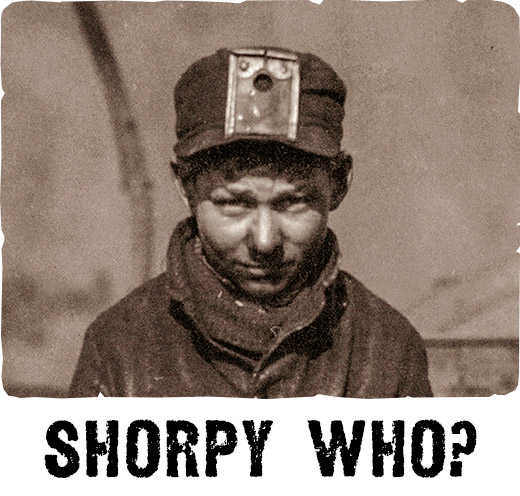
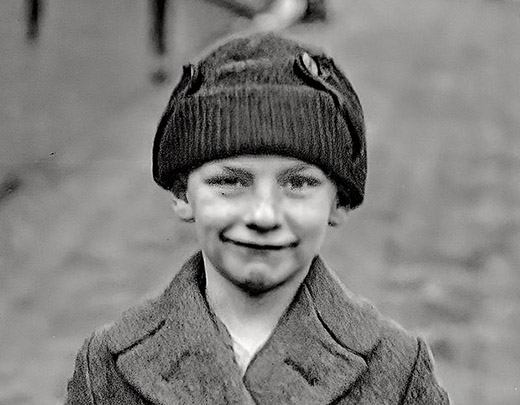
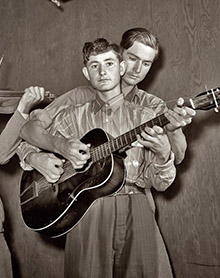
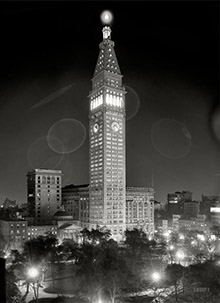
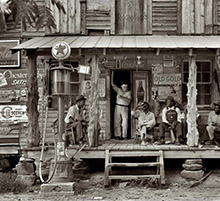
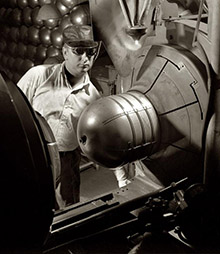
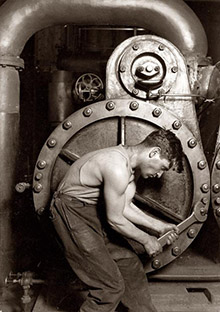

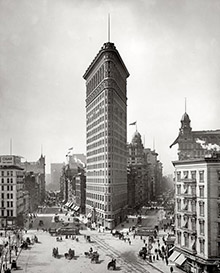



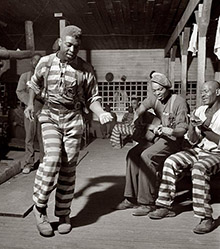

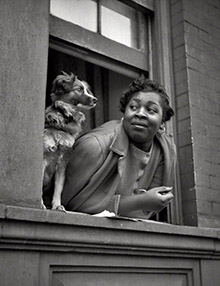

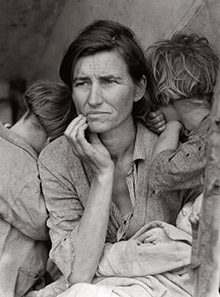

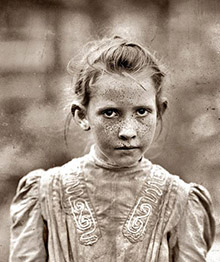
On Shorpy:
Today’s Top 5